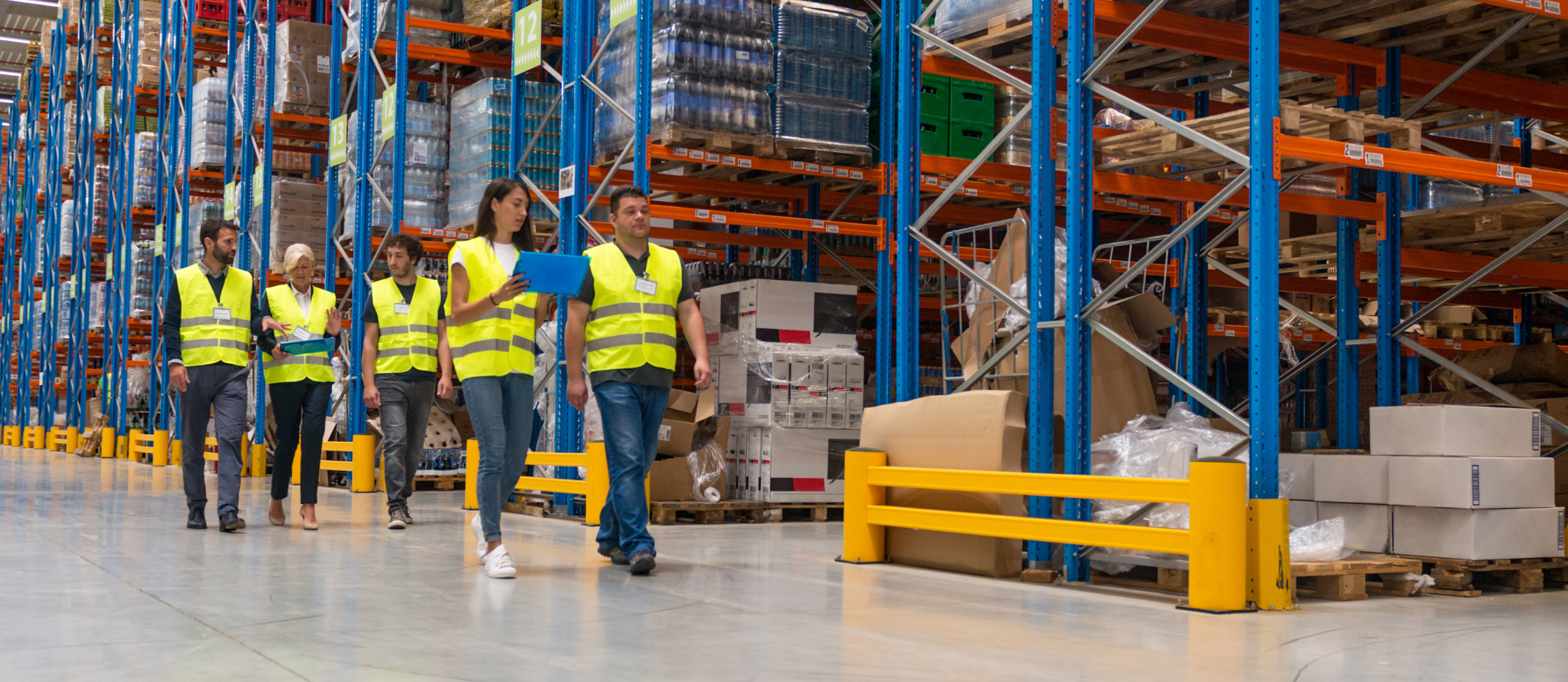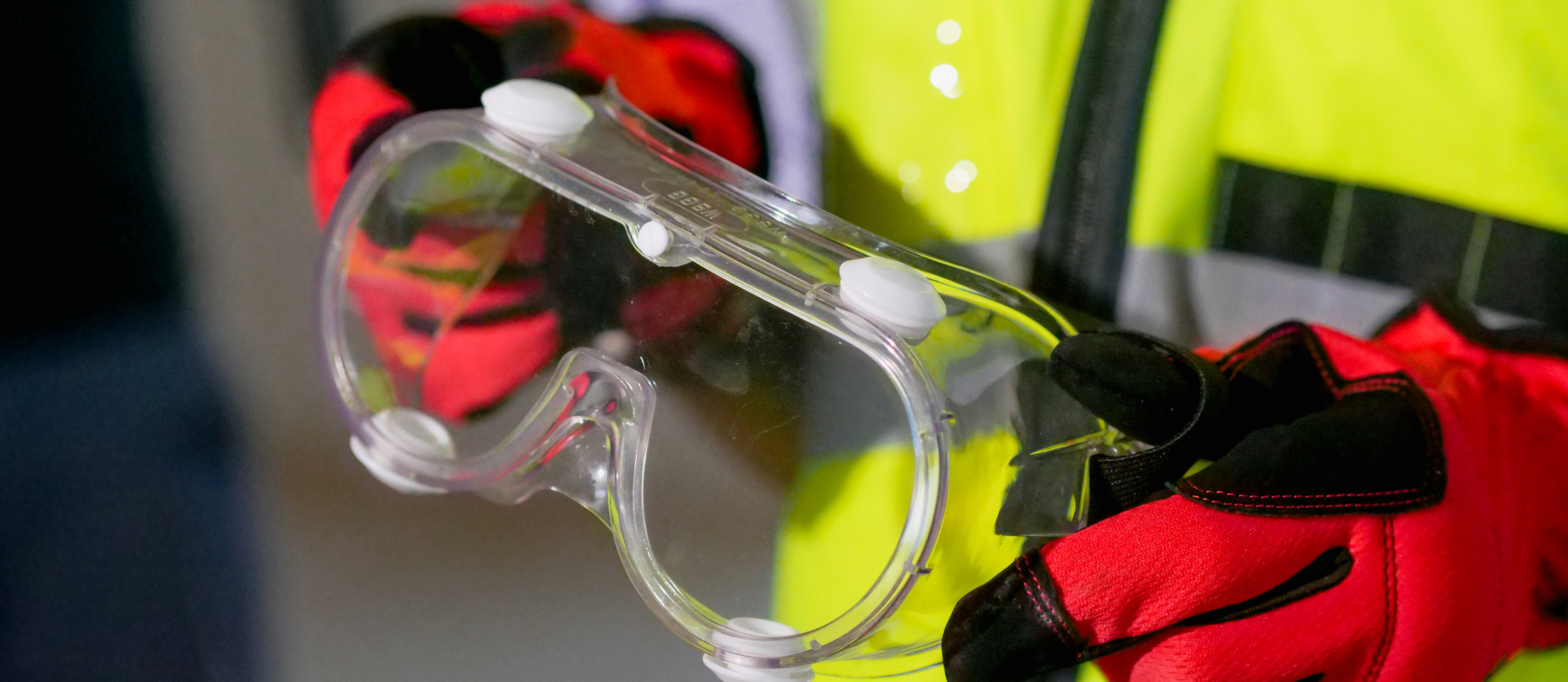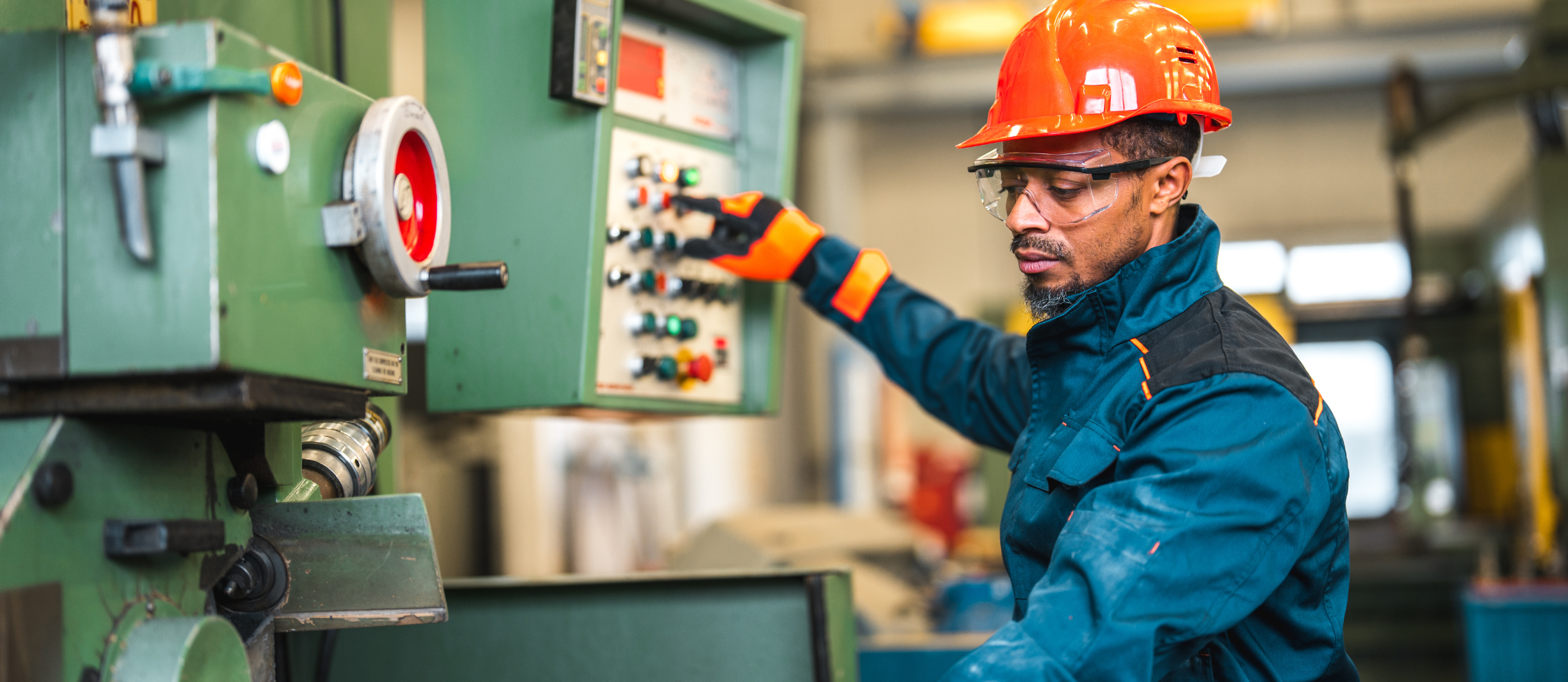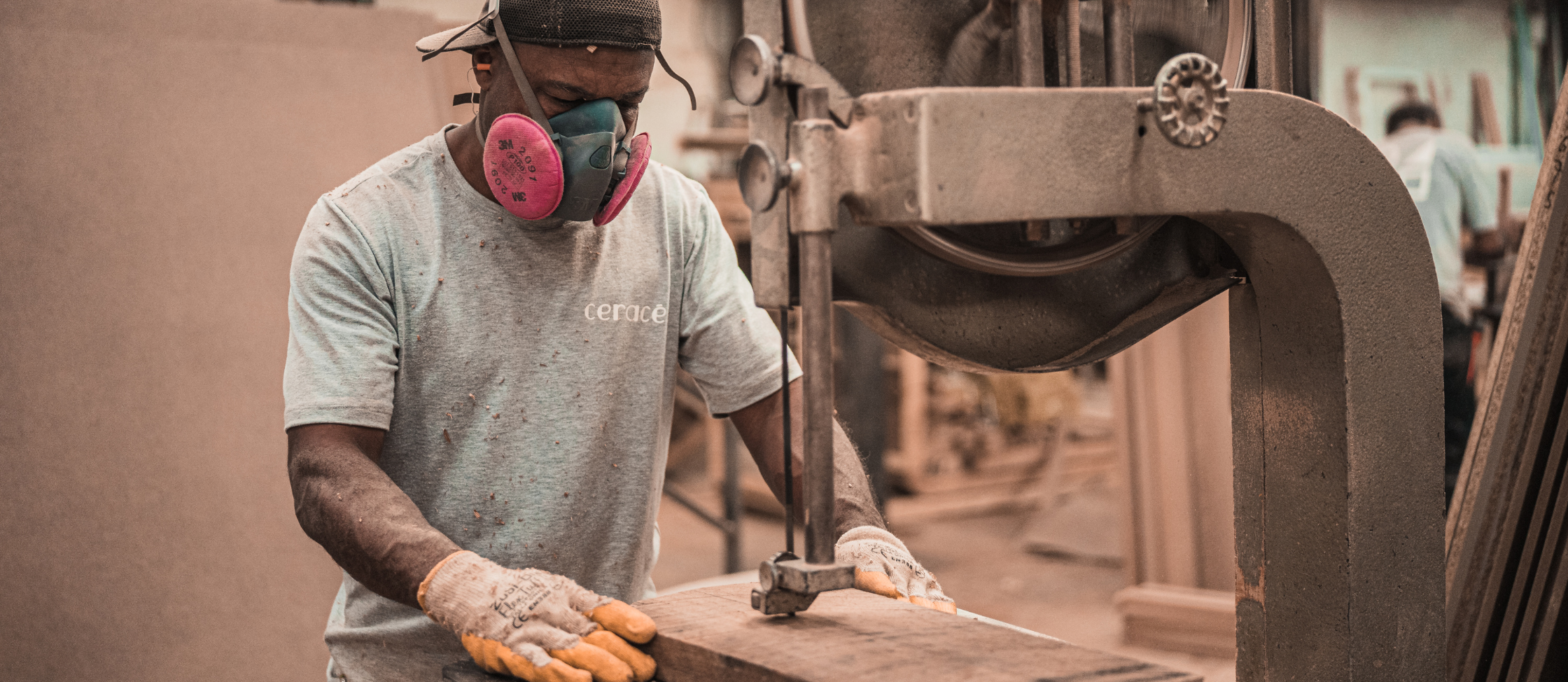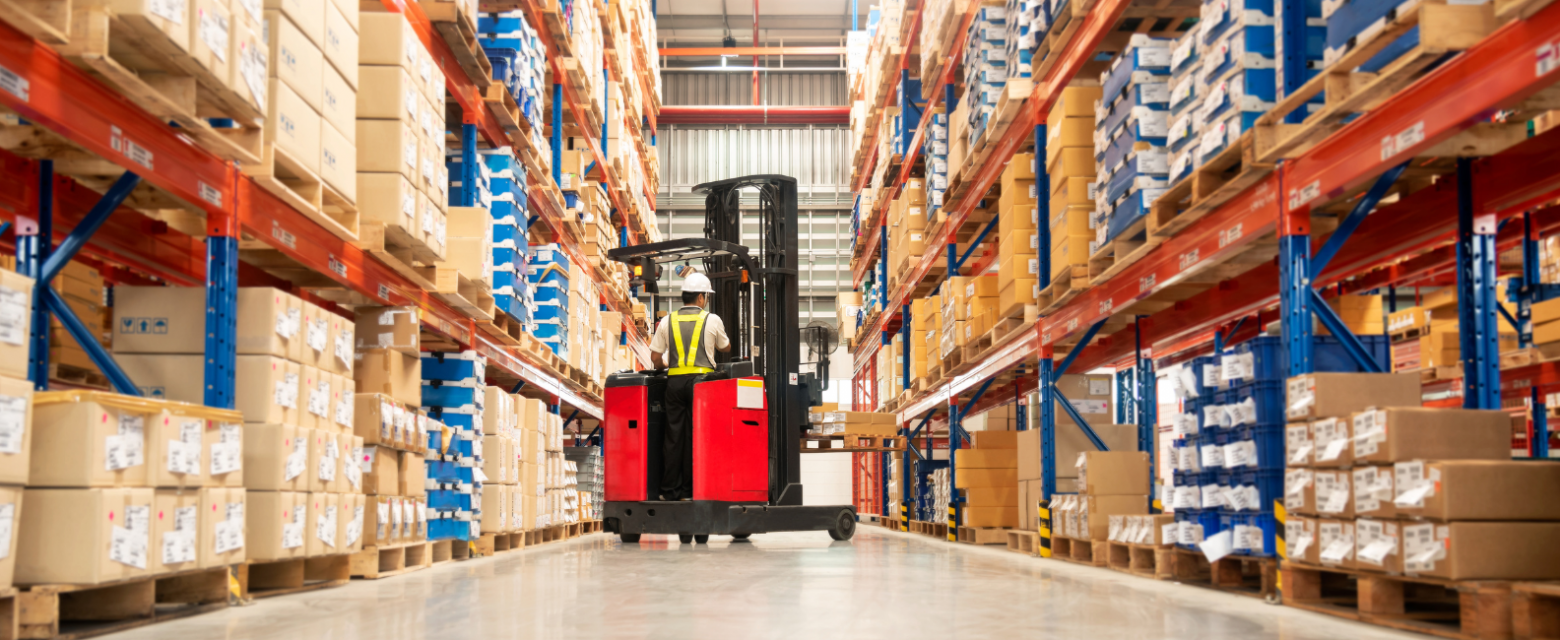At KFI Staffing, we understand the importance of unskilled general labor positions. Since every role plays an important part in ensuring operations run smoothly, when you’re understaffed, it can be challenging to maintain productivity and morale on the floor. Specifically, production workers are crucial because they ensure the floor is operating efficiently and maintain quality standards by assisting the team at different stages of the manufacturing process.
According to the US Bureau of Labor Statistics, there are about 933,000 production worker openings each year. The demand for production workers in the manufacturing industry remains steady due to their essential role within the manufacturing process.
What Do Production Workers Do?
A production worker’s duties depend on the specific role; however, the main responsibility is to ensure production goals are met. This role requires a solid understanding of manufacturing processes and the ability to work efficiently within a team.
Entry-level production workers perform various tasks that support the manufacturing process. These tasks include assembling parts, operating production machinery, and performing quality checks on finished products. Their work ensures that products are produced on time and meet quality standards. Depending upon the specific industry, the roles may vary.
What Does the Day-to-Day Look Like for a Production Worker?
One of the many responsibilities of production workers includes assembling products or components according to specified guidelines. This requires precision and attention to detail to ensure parts fit correctly and function properly. Production workers often work on assembly lines, where they perform repetitive tasks with consistency and accuracy.
Production workers frequently operate machinery used in the manufacturing process. This involves setting up machines, monitoring their operation, and making adjustments as needed. An understanding of how the machinery works and the ability to troubleshoot minor issues are crucial for maintaining production.
Quality control is a significant part of a production worker’s role. They inspect products at various stages of the manufacturing process to ensure they meet quality standards. This involves using measuring tools, checking for defects, and following quality control procedures. Attention to detail is essential to identify and address any issues that come up.
Maintaining a clean and safe work environment is vital in manufacturing. Production workers are responsible for keeping their work areas clean, following safety protocols, and using personal protective equipment (PPE) as required. Safety awareness helps prevent accidents and ensures a productive work environment.
What Skills Do You Need to Become an Entry-Level Production Worker?
- Education and Training:
Most entry-level production workers positions require a high school diploma or equivalent. On-the-job training is typically provided to familiarize new hires with specific manufacturing processes, equipment, and safety protocols.
- Physical Fitness:
Production work can be physically demanding, often requiring standing for long periods, lifting heavy objects, and performing repetitive tasks. The duties performed can be fast paced, which means strong physical and mental endurance is beneficial.
- Attention to Detail:
When assembling products and performing quality checks, production workers must pay close attention to detail. Accuracy helps ensure products meet quality standards and reduces the risk of defects.
- Technical Skills:
Basic technical skills are beneficial, particularly for operating machinery and using tools. Familiarity with production equipment and the ability to troubleshoot minor issues can enhance efficiency and productivity.
- Organizational Skills:
Organizational skills are important because they help production workers manage their tasks effectively and maintain a productive work environment. Staying organized ensures that production runs smoothly and efficiently.
- Communication Skills:
Clear and effective communication is vital for collaborating with team members and supervisors. Good communication helps ensure everyone is aligned with production goals and can address any issues that arise.
- Teamwork:
Production workers are typically part of a larger team. In order to contribute to a positive work environment, production workers are encouraged to collaborate with their team and work together to ensure products are up to standard.
- Safety Awareness:
Following safety protocols and being mindful of potential hazards is crucial in a manufacturing environment. Production workers must use PPE appropriately and adhere to safety guidelines to prevent accidents.
- Adaptability:
With ever-changing priorities and production demands, manufacturing environments are dynamic. Adaptability and being able to handle unexpected situations is a valuable trait for a production workers. Not only does this show that the employee is able to handle unique situations, but it ensures that with ever-changing demands, they’re able to get the job done.
- Work Ethic:
A strong work ethic is crucial for maintaining positive team morale and ensuring demands are met. It helps fosters a culture of accountability and reliability, where team members can trust each other to deliver quality work on time. Ensuring your production team is full of employees with strong work ethics helps propel your business to success.
Summary
Production workers are essential to the success of manufacturing operations. Their role is dynamic, requiring a combination of physical capability, technical skill, and communication. Production workers ensure that products are assembled accurately and efficiently, contributing to the overall success of the manufacturing process. Their attention to detail, adherence to safety protocols, and teamwork help maintain high standards of quality and productivity- leading to customer satisfaction and business success.

